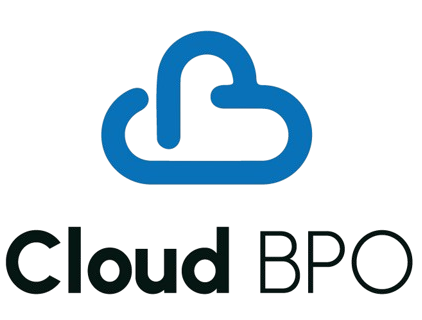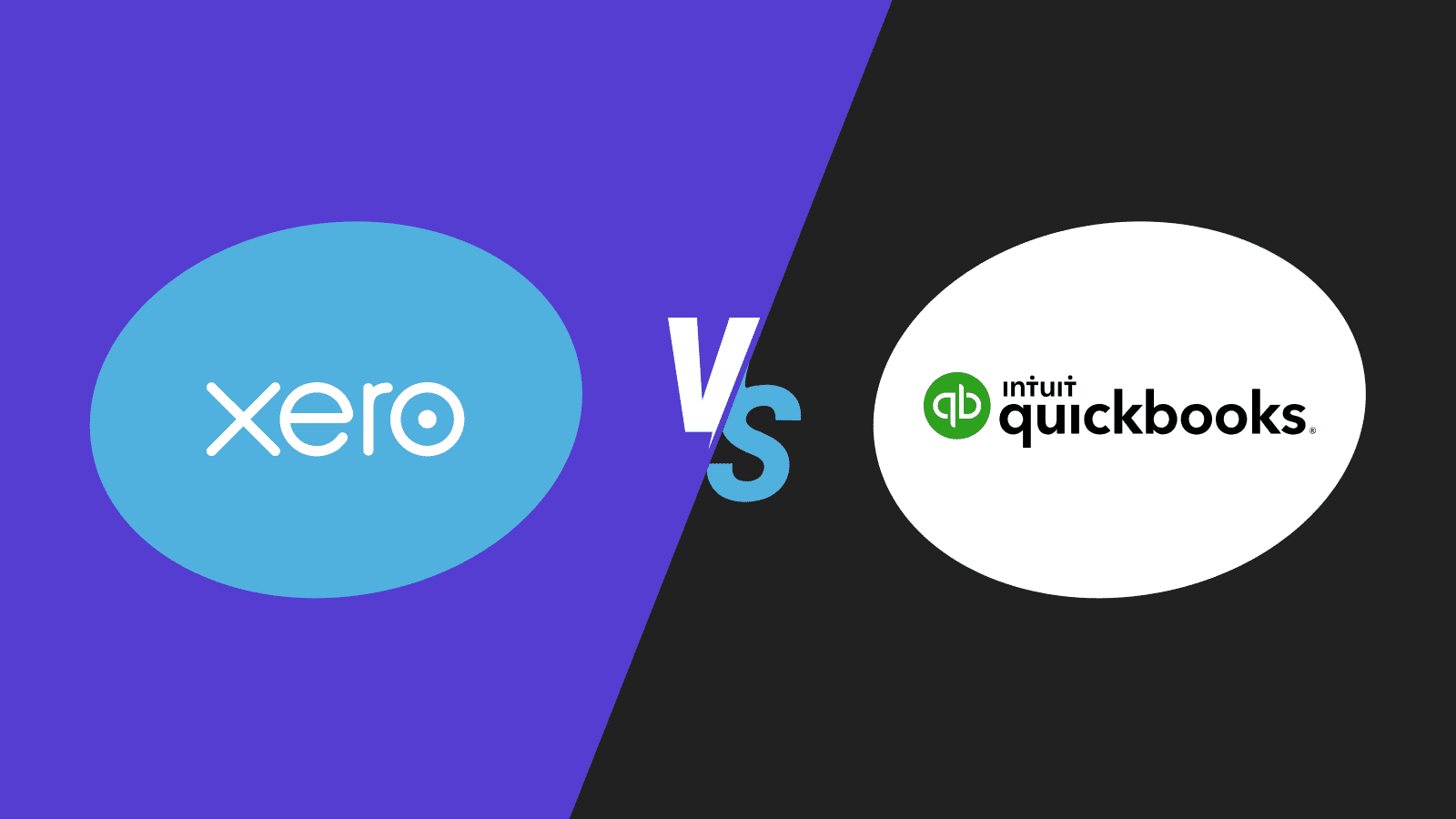How to Become a Bookkeeper?
Becoming a bookkeeper doesn't require certification, but being certified showcases your skills and enhances your professional credentials. While some learn on the job, pursuing further education can significantly boost your career prospects.
Key Responsibilities
As a bookkeeper, you'll maintain accurate financial records and manage all accounting processes for a business. Some entry-level positions may only require a high school diploma, but most employers prefer candidates with additional education and experience.
Steps to Advance Your Career
1. Obtain a Degree
While many bookkeeping jobs only require a high school diploma, having an associate’s or a bachelor’s degree can be advantageous. Various programs in business administration and accounting are available to help you build a solid foundation.
Associate Degree in Accounting
An associate degree, typically a two-year program, can kickstart your career in accounting. Offered by community colleges, technical colleges, universities, and online programs, these degrees provide essential knowledge for entry-level jobs. Common types include:
- Associate of Science (AS) in Accounting
- Associate of Applied Science (AAS) in Accounting
Job Opportunities with an Associate Degree
An associate degree is a stepping stone towards higher degrees, such as a bachelor’s or master’s. Although it doesn't prepare you for licensing exams like the CPA, it opens doors to various entry-level positions, including:
- Bookkeeper
- Accounting Assistant
- Administrative Assistant
- Payroll Clerk
- Auditing Clerk
- Tax Preparer
Bachelor’s Degree in Accounting
A bachelor’s degree provides comprehensive knowledge necessary for advising businesses and individuals on financial matters. It's the minimum requirement for professional certification programs like the CPA exam. Options include:
- Bachelor of Science in Accounting (BS)
- Bachelor of Business Administration (BBA)
- Bachelor of Arts in Accounting (BA)
2. Undertake Training
Many employers prefer hiring bookkeepers with formal degrees, but some are willing to train candidates with just a high school diploma. Essential training areas include:
- Double-entry bookkeeping
- Online accounting software
- Payroll management
- Accounts payable and receivable
- Analytical and technology skills
- Functional accounting and finance skills
- Leadership or management training
- Soft skills like writing, negotiation, and presentation
By pursuing the appropriate education and training, you can advance your career and become a proficient and respected bookkeeper.





